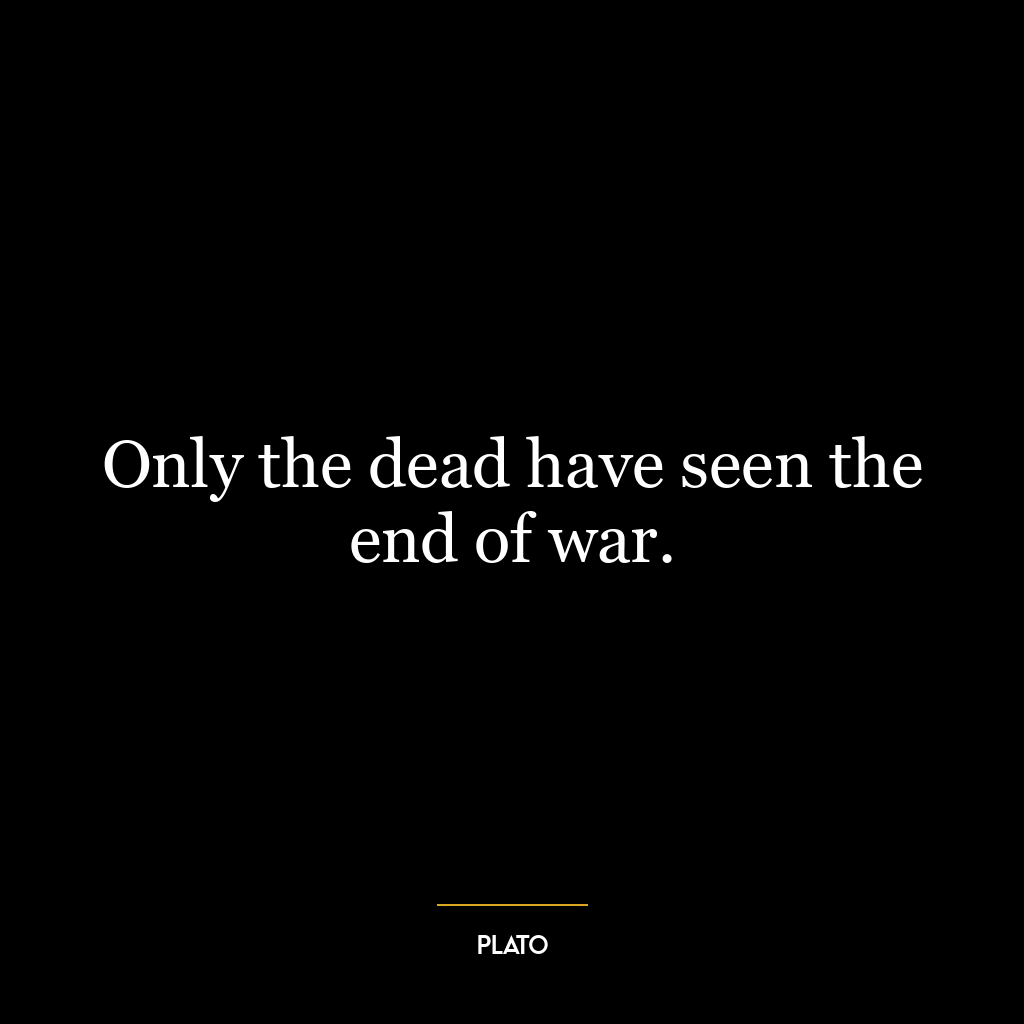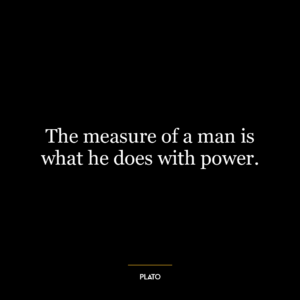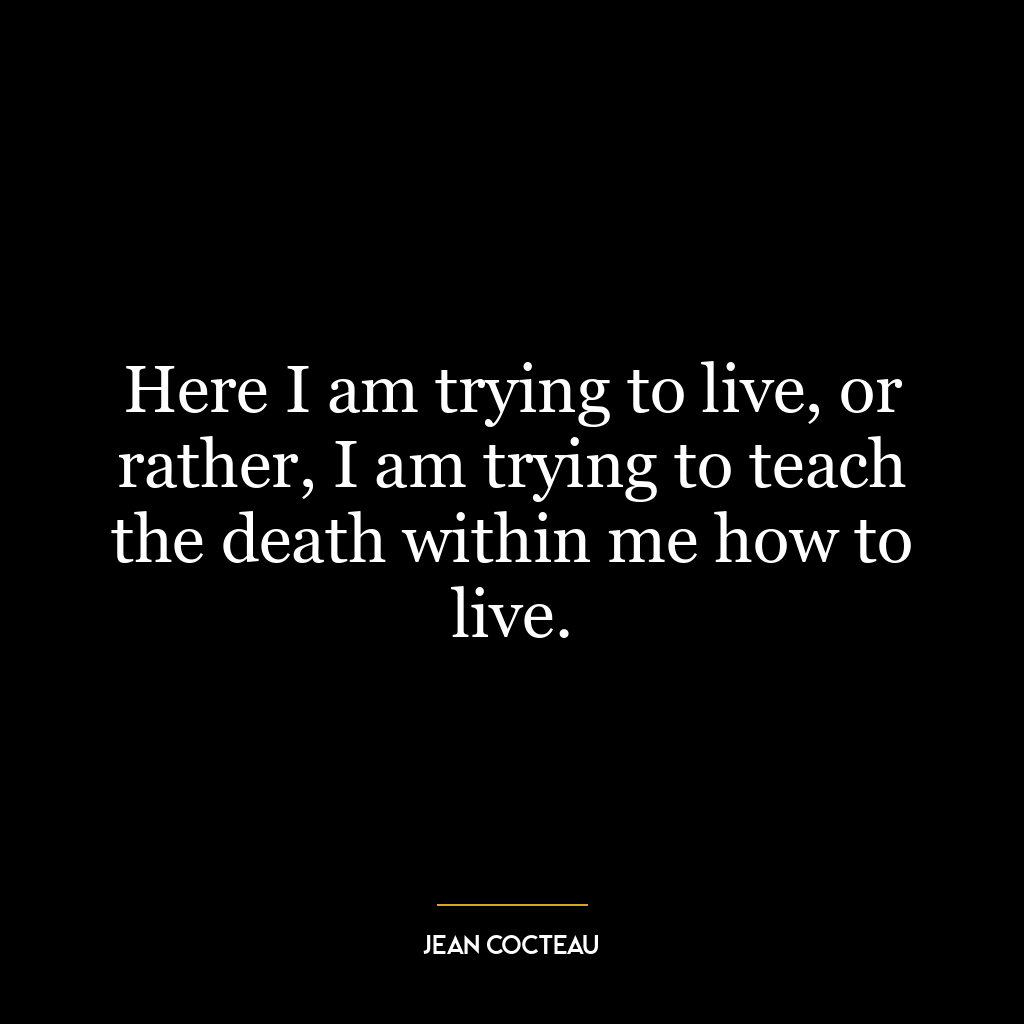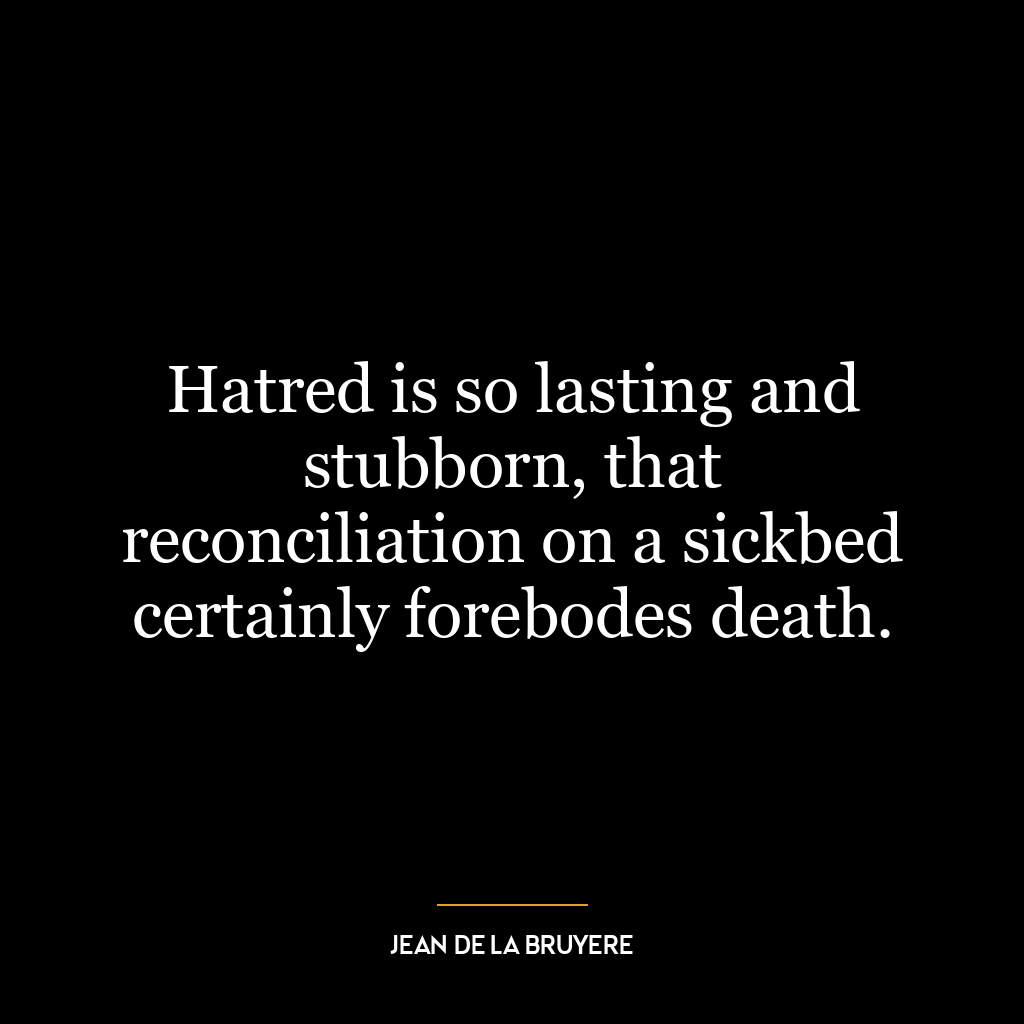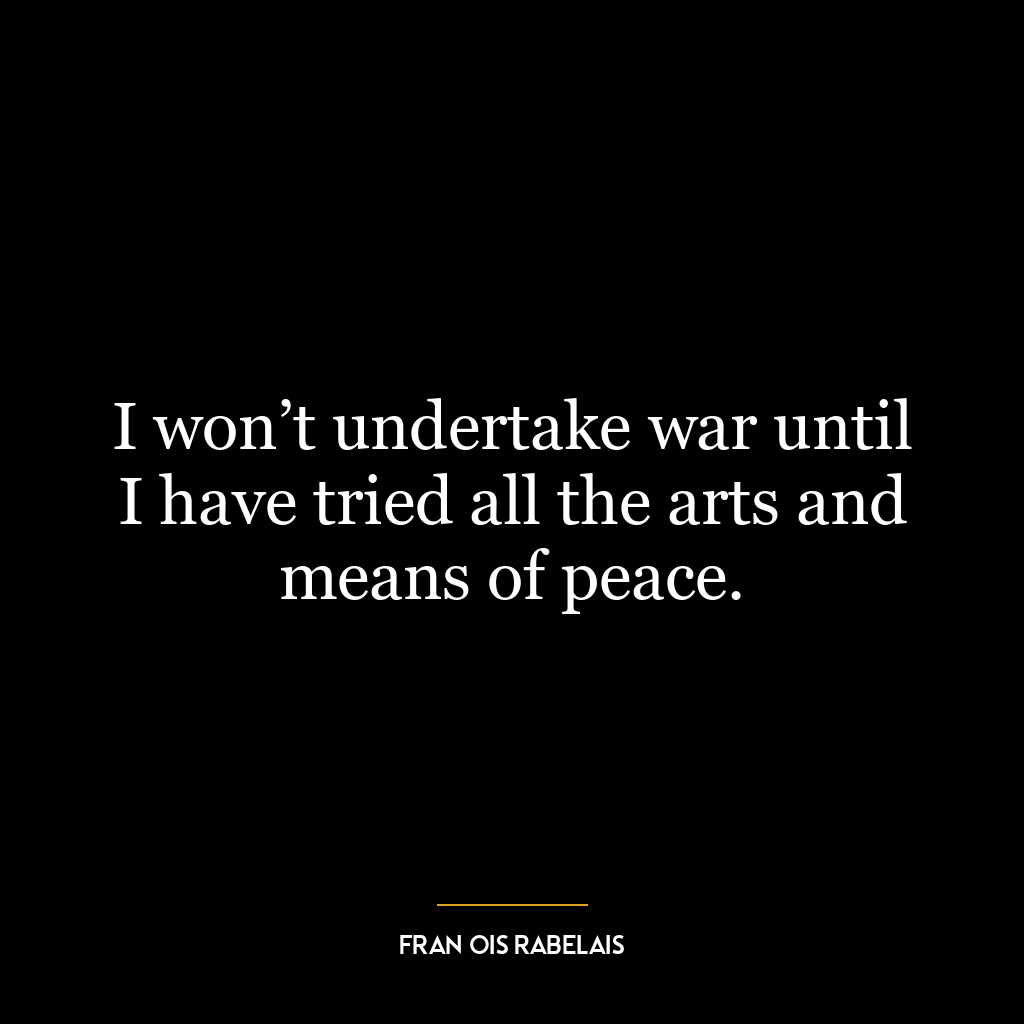Only the dead have seen the end of war.
“Only the dead have seen the end of war” is a profound statement that captures the perpetual nature of conflict, both on a global scale and in personal lives. It suggests that as long as we are alive, we will continue to experience some form of conflict or war. This could be interpreted as a commentary on the human condition, where strife and discord are inevitable aspects of existence.
On a macro level, this quote can be seen as a reflection on the never-ending cycle of wars and conflicts that have marked human history. Despite advancements in civilization, technology, and diplomacy, nations and societies continue to engage in wars. This could be due to a variety of reasons including territorial disputes, ideological differences, power struggles, and resource scarcity. The quote implies that war, in its broadest sense, will persist as long as humanity exists.
On a personal level, this quote can be interpreted as a metaphor for the internal conflicts and struggles that individuals face throughout their lives. These ‘wars’ could be battles with self-doubt, fear, insecurity, or personal demons. The ‘end of war’ could represent a state of absolute peace and contentment, which according to the quote, is only achievable in death.
Applying this quote to today’s world, it underscores the need for conflict resolution, peace-building, and diplomacy. It highlights the importance of striving for peace, despite knowing that complete and lasting peace may be unattainable. It encourages us to confront and manage conflicts rather than avoiding or denying them.
In terms of personal development, this quote can inspire resilience and perseverance. It reminds us that struggles and challenges are part of the human experience. Instead of viewing these ‘wars’ as burdens, we can see them as opportunities for growth and self-improvement. It also emphasizes the importance of inner peace and self-acceptance, as these are key to navigating the inevitable ’wars’ that we encounter in life.

